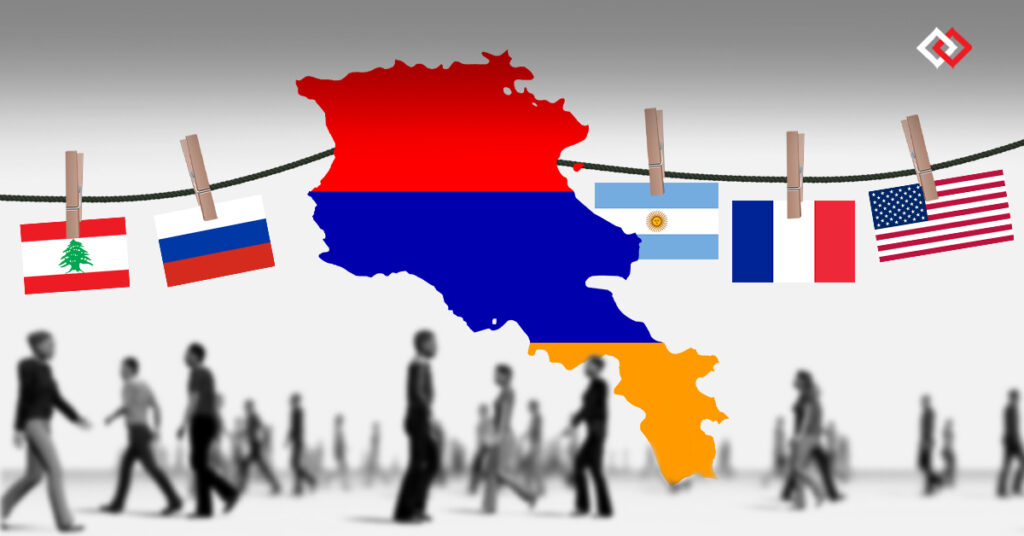An esdrújula you are afraid to mention…

That’s what diaspora is. A word too fine for what it means. An esdrújula that people are afraid to mention….

Diaspora, stories (I)
Very early I knew what emigration was. One day I saw my grandmother arrive home in tears, devastated. She was tired, her shoulders drooped and her feet dragged. That was how heavy the pain she was carrying was. She had said goodbye to her sister, her daughters and grandchildren at the Havana airport. I don’t know if he expected to see her again someday…, but the truth was that he never saw her again.
This is just one more case of those that, unfortunately, the Cuban family has been facing for years. But if you add to that the fact that they were two inseparable sisters who grew up in a small country town in the early 1900’s, then the fact acquires another nuance. I don’t know why peasants, inhabitants of bateyes, communities and small towns have a pure heart, full of love, for whom the family is sacred.
He lay down in an armchair, without speaking, without saying a word. Images of his childhood and his brothers in Jovellanos, in that wooden farmhouse from where the train could be seen passing and in the background, after the line, the wooden building of the Gravi. He saw himself in the immense dirt yard eating the «tastiest fruits» he had ever tasted in his life.
And she told the same old story, that her siblings both had green eyes, but she had taken the «tos tenemos» from Don Angel, her father. That her siblings kept the name she had called them since they were little: «Lito», from Angelito, and «Pocha», from Ana Rosa. That her sister was tall, very white, beautiful…, but her, her father’s favorite, perhaps because she looked like him in everything, he called her «Pecas», you can imagine why, and «mi mono» (my monkey).
Then came to her mind the shoes of «Feíta»; the OK Gómez Plata; the ring that my grandfather gave her, who had been wearing it for years, so that she would marry him; her cousin Rogelio Lemus, «Colores», because he was red «like saffron»; the cellar of Zorita and Santa Cruz, a nickname he wore because he had survived the sea level of Santa Cruz del Sur on November 9, 1932….
He saw his life in Jovellanos, that small town in the center of Matanzas, where he arrived one day with his mother and siblings, when his father left them to go to Camagüey, like in a movie. He had been born and lived until then in Cárdenas, but he had no images of that place. He did not even remember where his house was.
He did not want to forget what he had lived with his brothers. It was a cold January 1964. Twenty-two years ago «Lito», with only four decades of life, had left the earthly world because his heart did not fit in his chest. Now he was saying goodbye to «Pocha», without knowing, without even imagining, that he would never see her again.
What part of her life was now mutilated? Where to turn when she needed support? Who to tell about her vicissitudes? How would she spend August? Birthdays of her siblings and herself, and the visits to Monserrate with the family in Havana…? From then on, everything changed.
As for me, I lost the only family I really knew, that of my grandmother and my mother. At the beginning of that year, the weekend trips to Havana, to my aunt «Pocha’s» house or to my godmother’s house, came to an end. I had no more vacations in the capital, nor did I go to the Círculo Social Obrero Patricio Lumumba to bathe on the beach.
That’s how I knew what emigration was, the diaspora… Words that enclose the most unimaginable pain in the world. I was a little girl just approaching adolescence, at the age of eleven.
It is only today, after six decades, that I realize what those grandmothers, the best in the world, must have suffered when they saw their daughter and sister leave. Perhaps because history repeats itself.
It takes a lot of courage to leave behind the smell of the sea undertow; those words that, although repeated, are the most required; the hugs, endearing; the stories that are told again and again along with those who lived them; the dates that will no longer be celebrated; the worn stones of your street for so much walking on it; the shelter of those who have lived all their lives with you, sharing sorrows, progress, burying with you the dead…
It takes a lot of courage to get on a plane, with a tight chest, afraid to look back. My little homeland, my little Cuba, is in a house where many things are missing, even the most elementary ones, where the grandchildren sometimes ask for what you cannot give them, where most of the time we «scratch the ground» to survive, but where we are happy because we are together.
Diaspora, emigration, is felt when a part of the family is truncated; when the phone stopped ringing because friends are no longer there; when there are places you will never return to; when you forcibly erase the dates you used to celebrate year after year…..
That is diaspora. A word too fine for what it means. An esdrújula that you are afraid to mention…
Written by Maritza Tejera.



